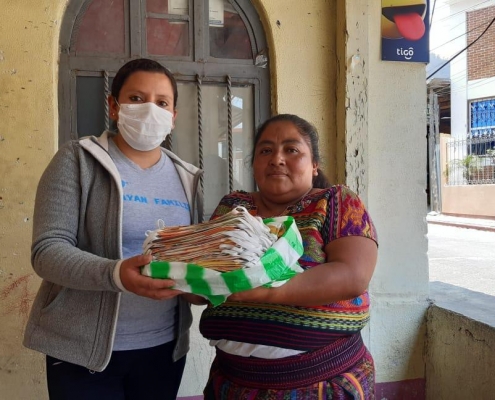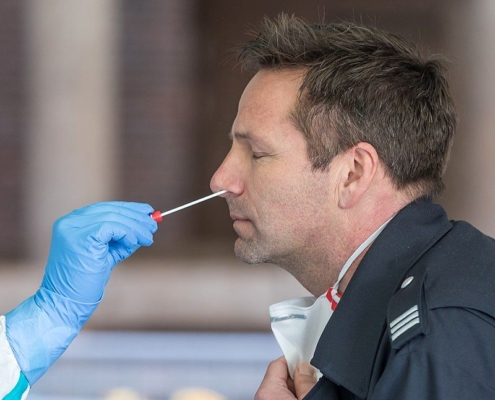The Guatemalan President announced the complete closure of Guatemala, effective immediately and lasting through Monday, May 18, at 5:00 a.m 2020: A complete closure of all land, air, and sea borders will be implemented.
On September 18th, 2020, Guatemala gradually reopened with relaxed restrictions for international travel, but still with requirements like health checks and travel documents. This date might be closer to what you consider a true “reopening” after the initial strict closure.
For the next five months, I was isolated; not by choice, our travel restrictions were clear. From Fridays at 5:00 p.m. until Mondays at 5:00 a.m., we could not leave our homes. Market days were limited to where you lived, masks were required, and sanitary stations were everywhere. Restaurants were open. However, I live on Lake Atitlan, where the economy thrives on tourism and the borders are closed to tourists.
My long COVID-19 came on in late 2020 and was fully on in 2021. As most of you who have read this and are dealing with it know, they compound your life—no sleep, brain fog, why did I walk to town as I staggered around like a drunk? Thank you, Vertigo.
I decided to break these issues down into parts and see if I could solve them. The lack of sleep of those suffering from this was very hard on me.
I am surrounded by Mayan medicine; women practice natural healing. Christina is one. On my first visit, I had my ears candled to clear them of stuff. Christine put together herbs, drops for my ears, and teas.



 Ethical Fashion Guatemala
Ethical Fashion Guatemala Ethical Fashion Guatemala
Ethical Fashion Guatemala